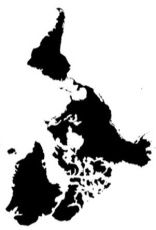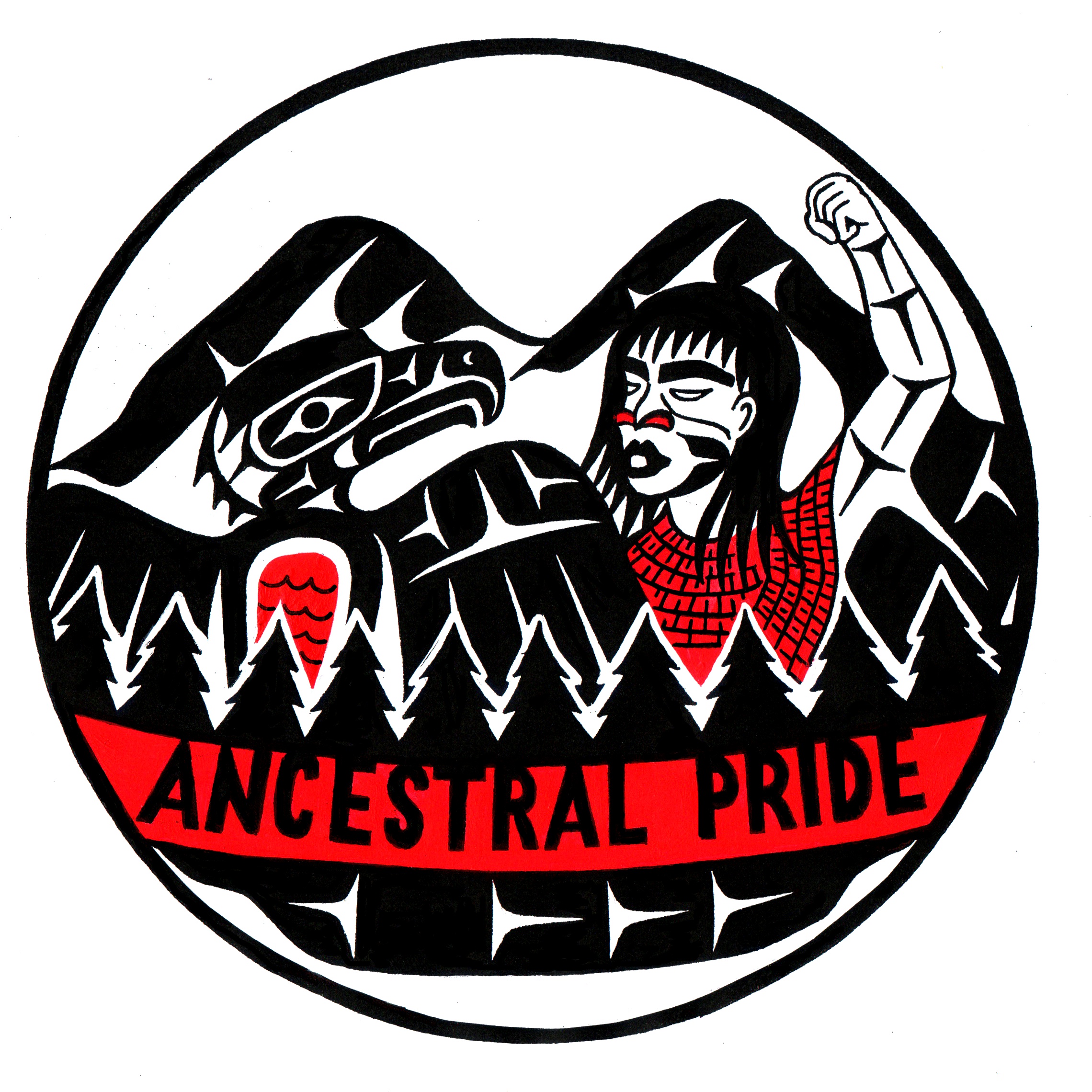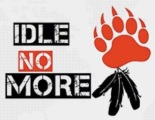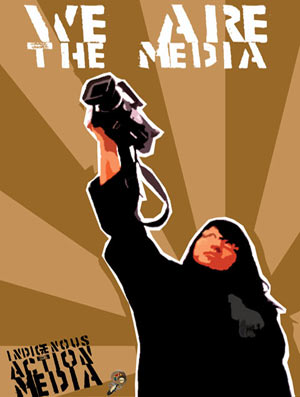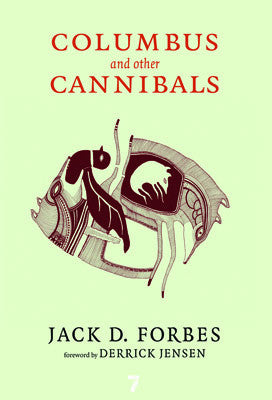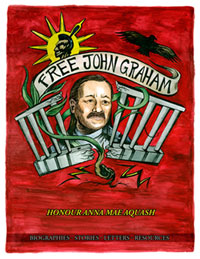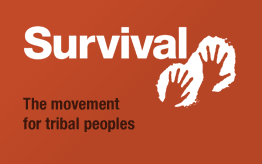 By Paul Levy, Reality Sandwich
By Paul Levy, Reality Sandwich
The following is Part Two of a series. Read Part One here.
In Part One of this article, I contemplated a psycho-spiritual disease of the soul that I call malignant egophrenia and indigenous people call wetiko which is undermining the evolutionary development of our species. Wetiko/malignant egophrenia (heretofore referred to as wetiko) is nonlocal, in that it is an inner disease of the spirit, soul and psyche that explicates itself through the canvas of the outside world. Certain people, groups of people, corporate bodies, or nation-states embody and act out this psychological malady in the world. Specific situations in the world, such as the destruction of the Amazon rainforest by myriad multi-national corporations, or Monsanto instituting terminator seeds as it tries to gain control of the production of the food supply, are real-life enactments, both literally and symbolically, of this self-destructive, inner process. Certain potent symbols in our shared waking dream are literally showing us this inner, vampiric dynamic, a stupefying process in which we get bled dry of what really counts.
Seen as a symbolic entity, the global financial system, for example, is the revelation of wetiko disease displayed graphically and schematically in its architecture, operations and overall design, so that anyone with a trained eye can discern the telltale signs and spore prints of this maleficent psycho-pathology getting down to business. The global economy (which can appropriately be referred to as the ‘wetikonomy‘), displays the fear-based, linear logic of wetiko disease as it reduces everything to the bottom line of dollars and cents. We are living inside of a horrifying, abstract economic structure that itself is a living symbol and re-presentation of the out-of-control insanity of the wetiko virus. The global financial system is one of the most rapid vectors and pathways through which the virus of wetiko is going pandemic in our world.
The economy as an entity is a projection of the collective human psyche, but particularly of the “Big Wetikos,” who hold a disproportionate power in crafting its operating system and in running its day-to-day operations in the world. In the wetikonomy, money has become indispensable for our biological survival, as well as our psychological well being and need for social prestige. This results in the drive for acquiring money becoming hardwired into the most primal centers of our lower, animal nature. This can generate a dependency that can easily lead to a treadmill that spirals downwards towards degeneracy, a true ‘rat race’ in which we become addicted to chasing after ‘the buck,’ as we increasingly worship Mammon (the God of the love of money; Interestingly, the esteemed economist John Maynard Keynes considered the love of money a form of mental illness). Our need for money becomes the ‘hook’ through which the Big Wetikos, who control the supply and value of money, can ‘yank our leash’ and manipulate humanity. To say it differently, the economy is engineered by a few, the “Big Wetikos,” who then utilize their creation to manipulate the collective human psyche and in so doing influence and warp it in a wetiko-like way.
Using the global financial and monetary system as our case study, we can see and understand how the wetiko virus operates in the psyche and in the world, which are both interactive and co-creative reflections of each other. The invention of money was a breakthrough in human affairs, an innovation in which real wealth is allowed to be symbolically re-presented by something else. Money is a construct, something made up, which adds convenience in the trading of goods and services that have value. The wetiko-created fiat money system, however, is the doorway through which a deviant distortion in this co-operative process of exchanging value amongst ourselves emerges. The wetikonomy’s fiat-currency is not backed by real value, but rather, is a system in which, as if by magic, money is created out of thin air. Having fallen through the rabbit hole, we now live in a world where money materializes simply by decree (fiat) of an elite cabal of Big Wetikos, who can exchange the tokens of value they have conjured up for the time and natural resources of everyone else. The wetiko-economy is basically a legitimized counterfeiting operation. The Big Wetikos use their military and police state ‘enforcement’ resources to ensure that others cannot accumulate and circulate capital outside of their system. As if that isn’t bad enough, in a further diabolic sleight of hand, this virtual fiat currency, backed by nothing real and having no intrinsic value in and of itself, is then equated with debt, thus making it worse than nothing. This total inversion of our concept of value itself is a glaring symbol in our midst primal screaming that there is something terribly amiss with our financial system. There is indeed something wrong with a virtual, bubble economy that is decoupled from the real economy and is dictated and manipulated by the few at the expense of the many.
The over-leveraged wetiko economy is a ‘phantom menace,’ in that there is hardly any real substantial value changing hands except in appearance. Unlike a real economy that is based on, backed by and generates genuine wealth, the wetikonomy, because it has no conventional solid, objective, substantial reality, has only a phantom-like, apparent existence. It is as if authors of a fantasy novel or a fairy tale are trying to ‘market’ and ‘sell’ their creation as nonfiction, and we, as consumers, are ‘buying’ it, believing it to be true. Collectively pretending the fiction is real, we have forgotten that we are playing a mass game of ‘make believe.’ The bubble economy of wetiko is a con-fidence game (a ‘con’ game), a con-struct of our mind maintained in each moment by the belief that the system is real, solvent and legitimate.
A virtual, synthetic economy such as ours is a product cooked up by the fevered imagination of the wetiko financiers. Like a collective dream, or a mass spell, it is a concoction based upon mutually shared agreements among its participating members. The wetikonomy in which we live, unlike a free market economy, is subject to the intervention of and manipulation by the central bank, an entity which has interposed itself between us and the market. The agency of the central bank, in its attempts to interfere with and control a natural, self-regulating marketplace, is a living symbol of the wetiko pathogen and how it disrupts a living system.
Just as a vampire can’t stand to be seen and thus avoids the light of day at all costs, as it is only able to operate by the deceptive cover of darkness, so the very nature of the institutions and operations by which the phantom wetikonomy functions must be kept hidden from the light of public awareness. The financial instruments of the wetikonomy are purposely crafted to be incredibly complex and hard to understand so as to hide and obfuscate the theft that is happening. Hiding the reality of what they are doing is one of the ‘chief features’ of wetiko finance. Replacing transparency with opacity, it has become standard account-ing practice in the wetikonomy to ‘cook the books’ so as to avoid being held account-able. If clearly illuminated and exposed to the light of collective disclosure and transparency, the shell-game and Ponzi scheme that IS the global financial system will be revealed to be the staggering and unlawful deception that it is. In a vast computerized web of electronic transfers and accounting shenanigans, the global economic system has become an insanely desperate pyramid scheme, a high-tech casino-like scam. A monstrous, planet-wide Madoff-like rip-off done with smoke and mirrors, the wetikonomy is like a massive optical illusion that is projected by the Big Wetikos, a cadre of master spell-casting wizards, who have nearly infinite resources at their disposal to make their illusion seem real. The wetikonomy, like apparitions of majestic castles in the sky, is a magical display that captivates and holds spell-bound the credulous, semi-conscious masses, who are more than willing, based on their childlike need to hope and believe in an authority outside of themselves, to give away their power so as to quell their fear. This is a regressed form of magical thinking writ large on the world stage.
At first glance, an optical illusion looks one way, but when we investigate further, we can see the illusion for what it really is. If this grand financial illusion were to be unmasked and collectively seen through, the underlying and pervasive ‘fraud as a business model’ approach to running the global economy would reveal itself to be the spectral phantasm that it is. Once the seemingly rock-solid, concrete skyscrapers of the wetikonomy reveal themselves to be a stage set with nothing behind it, built on ever-shifting sand, it is not enough just to realize this and do nothing. It is then our responsibility to re-create and re-dream a different set of agreements regarding how to be in relationship with each other. This sets the stage to re-engineer the system of wetiko-ized control mechanisms that, through locked-in contractual relationships, freezes the economy in a corporate, and wetiko-ized trajectory. The power structure in a wetiko-ized society is inherently fiscal instead of political, which is why political change doesn’t result in economic change. It is the banks that control the government, not the other way around. As our collective realization gathers momentum, however, such a process of waking up en masse could dissolve the wetikonomy to its empty core, bursting the bubble economy and collapsing the whole artificial edifice – the artifice – of fake finance, like the house of cards that it is. This realization lays the groundwork for a more enlightened financial and investment system grounded in real economics, a healthy environment and the cultivation of a humane human civilization.
The unsustainable illusion that is the wetikonomy, however, is based on and supported by violence or the threat of violence, from a personal level up to the capacity to collectively wage war, both visible and invisible. The ability and willingness to kill is not an illusion. This is why many people collude in supporting and perpetuating the illusion, for to not do so inevitably leads to some form of coercion, which is a subtle (or not so subtle) form of violence. In the highly uncivilized world of the wetikonomy, ‘might makes right.’ The nature of the beast that we are dealing with needs to be factored into the equation of how we creatively and strategically respond.
The wetikonomy, to use journalist Matt Taibbi’s infamous phrase describing the major global investment bank Goldman Sachs, is a “vampire squid” that is sucking, draining off and redistributing more and more wealth from the poor, and the formerly middle class, into the hands of the already unthinkably wealthy. This “great vampire squid,” to quote Taibbi, is “wrapped around the face of humanity, relentlessly jamming its blood funnel into anything that smells like money.” Unlike a real economy that creates wealth, the vampire squid wetikonomy, a global, organized crime syndicate, extracts and extorts wealth from the real economy and from real people like you and me. There is an actual creature called Vampyroteuthis Infernalis, which literally translates as Vampire Squid from Hell, a living symbol and perfect description of wetikonomics.
Continue reading →





